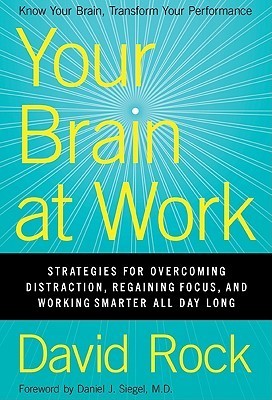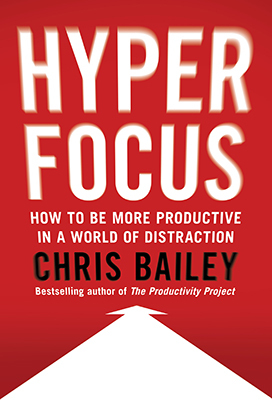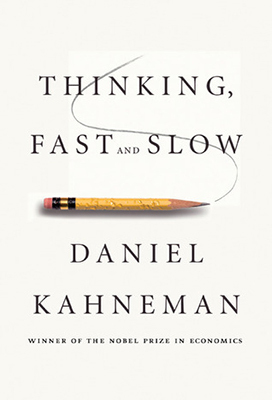Navigating Burnout and Enhancing Executive Functions
Unfortunately, burnouts are all too common in today’s fast-paced world. Reports indicate that 16% of employees experience burnout symptoms (CBS, 2020), highlighting the need to recognize and prevent burnout effectively.
Identifying Symptoms
Burnout leaves individuals feeling mentally and physically depleted. It affects the body’s stress regulation system, mood, immune response, and more. As a result, burnout has long-term consequences, including reduced concentration abilities.
Preventing Burnout
Taking small steps can make a significant difference in preventing burnout. In the workplace, gaining perspective, seeking support, setting achievable goals, and effectively managing stress can all contribute to prevention. Simplifying tasks and organizing workloads into manageable main and subtasks can also alleviate stress on the brain. If you have completed the NeurOlympics and are aware of your brain skills, you can explore tailored tips on our website to optimize your work approach and reduce stress.
Outside of work, certain aspects are worth considering as well. Quality sleep, free from electronic devices before bed, and short power naps of 20 to 30 minutes can enhance well-being. Engaging in mindfulness practices and regular exercise can also mitigate stress and prevent burnout. Additionally, pursuing hobbies not only provides energy but also adds variety to daily life, keeping your brain and its executive functions engaged.
The role of BrainsFirst
Every brain is unique, and some individuals are naturally more resilient to burnout than others. By focusing on a job-brain match, stress levels can be reduced, minimizing the risk of burnout. Relying on BrainsFirst’s insights increases the likelihood of finding a job that aligns with your brain’s capabilities, decreasing the chances of experiencing burnout.








